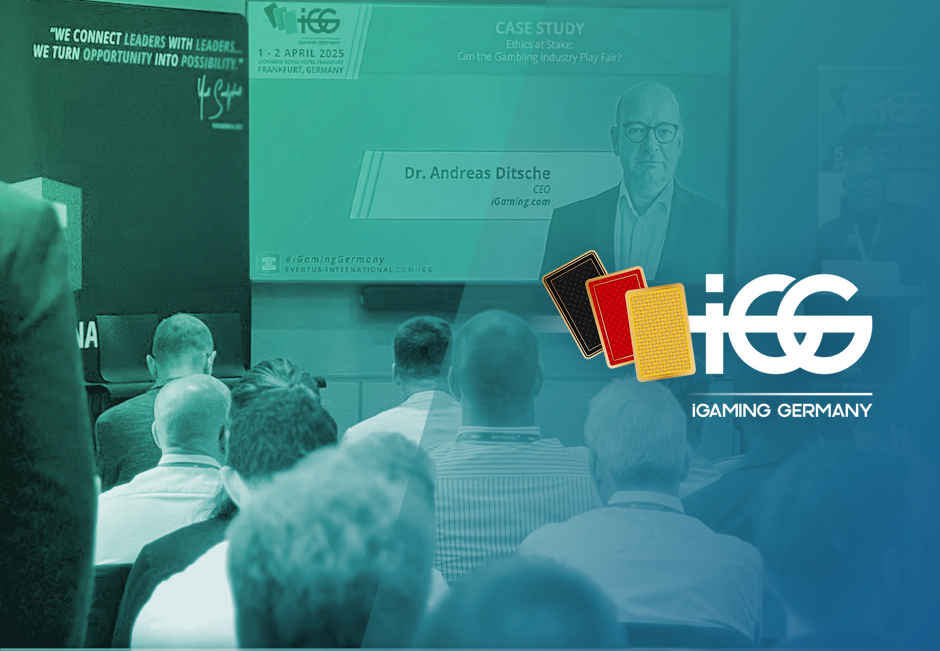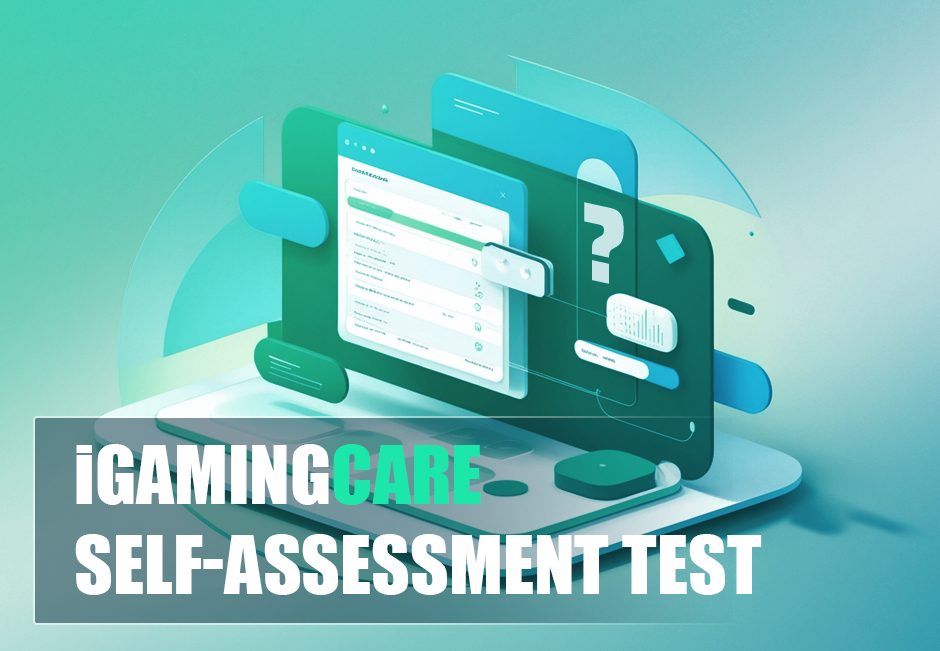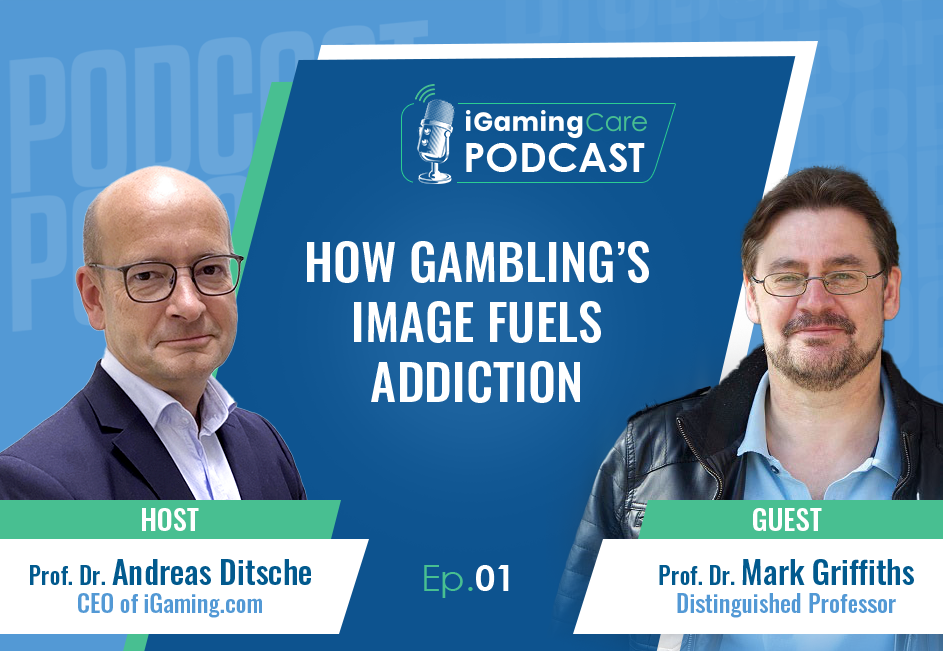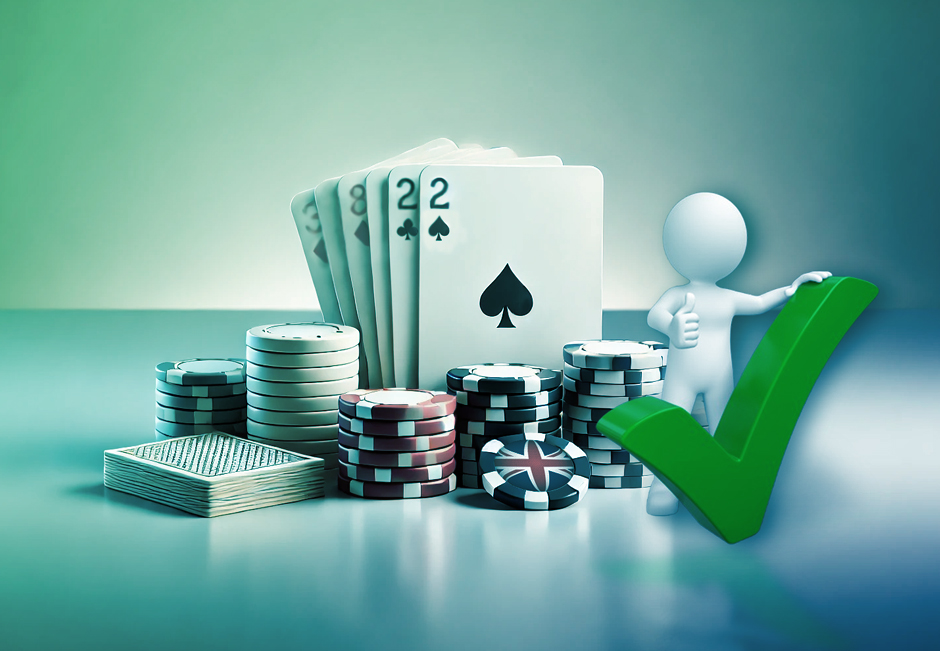
2-Minute Self-Assessment Test on iGamingCare: A Step Towards Safer Gambling

Online gambling can be a fun and exciting activity when done responsibly. However, there is a fine line between entertainment and harmful behavior. Crossing that line can lead to emotional and financial stress and even addiction.
iGamingCare has developed a 2-minute self-assessment test to help players evaluate their gambling habits and make informed choices. This blog post explores everything you need to know about this powerful tool.
The Importance of Self-Assessment in Gambling
Self-assessment plays a vital role in identifying risky behaviors. While gambling is often seen as a harmless pastime, certain patterns can quickly escalate into addiction. The self-assessment test allows players to reflect on their habits and spot early signs of trouble.
By Taking the Self-Assessment Test, Users Can:
- Evaluate their gambling frequency
- Identify triggers that lead to excessive play
- Understand the emotional and financial impacts of their gambling
- Recognize behaviors that may indicate a developing problem
Responsible Gambling Matters
Safer online gambling practices are crucial to mitigate the risks of addiction, financial loss, and mental health issues among players. Implementing responsible gambling measures, such as the 2-minute self-assessment test, empowers individuals to maintain control over their gambling activities.
According to the UK Gambling Commission, approximately 1.4% of adults meet the criteria for problem gambling, yet few ever seek treatment. By promoting safer gambling environments, stakeholders can help reduce the prevalence of gambling-related harm and foster a more sustainable industry.
How the Self-Assessment Test Works
The test is available directly on the iGamingCare website. Users can take it anonymously, so they feel comfortable providing honest responses. Moreover, the test focuses on various aspects of gambling behavior, such as emotional triggers, financial decisions, and time management. Here is what you can expect:
1. Questions to Reflect On
The 2-minute self-assessment test comprises 10 questions about your gambling habits. These are structured to highlight areas where gambling may become a concern and are based on screening tools from leading responsible gambling organizations, such as GamCare and the NCPG. Here are some examples of the questions:
- Do you ever feel worried about your gambling?
- After losing money, do you return another day to try to win it back?
- Have you ever felt restless or irritable when trying to stop, cut down, or control your gambling?
- Have you ever taken money that didn’t belong to you from family members, friends, or anyone else to pay for your gambling?
IMPORTANT: Self-assessment isn’t about judgment…it’s about empowerment. By understanding where you stand, you can make proactive choices to ensure gambling remains an enjoyable part of life.
2. Immediate Feedback
After completing the test, you’ll receive a score or summary indicating the level of risk. This feedback includes advice tailored to your responses, helping you decide on the next steps. There are two main scoring categories:
- Low-Risk Result (0-10 Points): Indicates that your gambling behavior appears to be under control. That said, it’s important to continue monitoring your gaming habits and set clear limits on both time and money spent gambling.
- At-Risk Result (11-30 Points): Indicates signs of problem gambling behavior that may require attention. Early intervention allows you to regain control and address any potential issues, so you may want to consider reaching out to a gambling support organization for guidance.
4 Benefits of Taking the Self-Assessment Test
Even though you may believe that your gambling is in control, it’s worth taking the test periodically to stay aware of your habits. Here are some benefits of taking the test:
- Early Detection: Gambling problems don’t appear overnight. They develop gradually, often going unnoticed until they cause significant harm. The test helps detect early warning signs.
- Building Self-Awareness: By answering questions honestly, you gain a clearer understanding of how gambling fits into your life and whether adjustments are necessary.
- Taking Control: Acknowledging risky behavior is the first step toward addressing it. The test empowers you to make proactive changes before problems escalate.
- Promoting Accountability: The act of self-assessment fosters personal responsibility. It encourages you to be honest with yourself and take ownership of your actions.
What Experts Say
“Taking a moment to assess your gambling habits can make all the difference. Spotting patterns early and seeking help are key to staying in control. Ultimately, the self-assessment test is crucial in promoting healthier habits.”
Michael Green Behavioral Scientist
What Happens After the Test?
Taking the self-assessment test is just the beginning. Based on your results, iGamingCare provides personal recommendations to guide your next steps. For some, this may mean setting stricter gambling limits. We suggest using various safer gambling tools, such as time reminders and self-exclusion options.
For others, it could involve reaching out for professional support. The key is to act on the insights gained from the test. Ignoring the results may lead to more significant issues over time. iGamingCare offers a database of professional gambling support facilities, ensuring you have access to the help you require.
Testimonials: Real Stories from Users
Many users of iGamingCare have shared their personal experiences with the self-assessment test. These testimonials demonstrate how the test can play a crucial role in fostering self-awareness, promoting healthier habits, and ultimately making a meaningful difference in your life.
- Carlos, 32: “I didn’t think I had a problem until I took the test. It was eye-opening and helped me cut back on my gambling before it got out of hand.”
- Emilia, 45: “The test was a wake-up call. The resources iGamingCare provided were a huge help in finding the right balance.”
- James, 28: “It’s quick and made me think about my habits. Highly recommend it to anyone who gambles online.”
Tips to Complement the Test
While the self-assessment test serves as an excellent starting point for understanding your gambling habits, responsible gambling requires a more comprehensive and mindful approach. Maintaining a balanced perspective on gambling is essential to ensuring that it remains an enjoyable and controlled activity rather than a source of stress or difficulties.
- Set Limits: Establish a budget and time frame before gambling and stick to them.
- Take Breaks: Avoid long, continuous sessions that can lead to impulsive decisions.
- Avoid Chasing Losses: Accept that losses are part of gambling and resist the urge to try and recover them immediately.
- Seek Support: If you feel gambling is affecting your life, don’t hesitate to reach out to friends, family, or professionals.
- Stay Informed: Use resources like iGamingCare to educate yourself about the risks and best practices for safe gambling.
Conclusion: Our Final Thoughts
Gambling should be a source of entertainment and relaxation, not stress or harm. By integrating tools like the iGamingCare self-assessment test into your routine, you can stay informed and in control of your habits.
Whether you’re a casual player or a high roller, taking a few minutes for this test could be a game-changer. Remember, responsible gambling starts with self-awareness, and the self-assessment test is a simple but effective way to achieve it.

